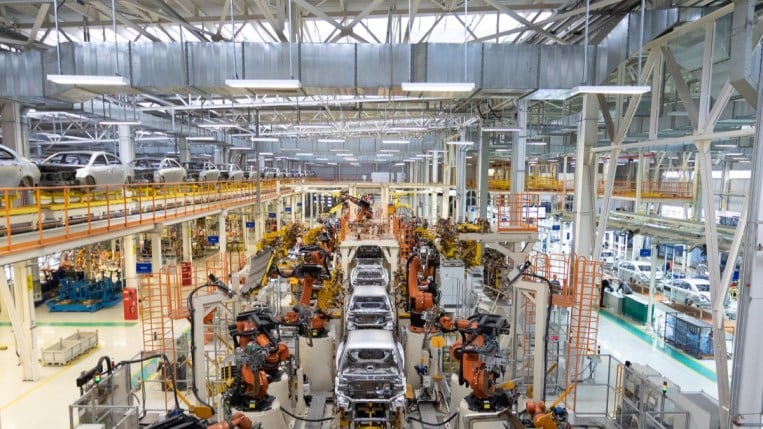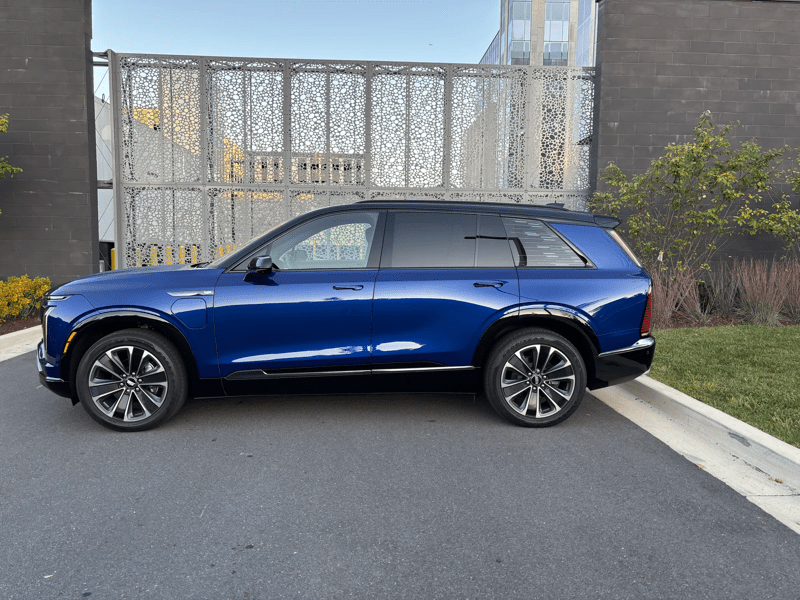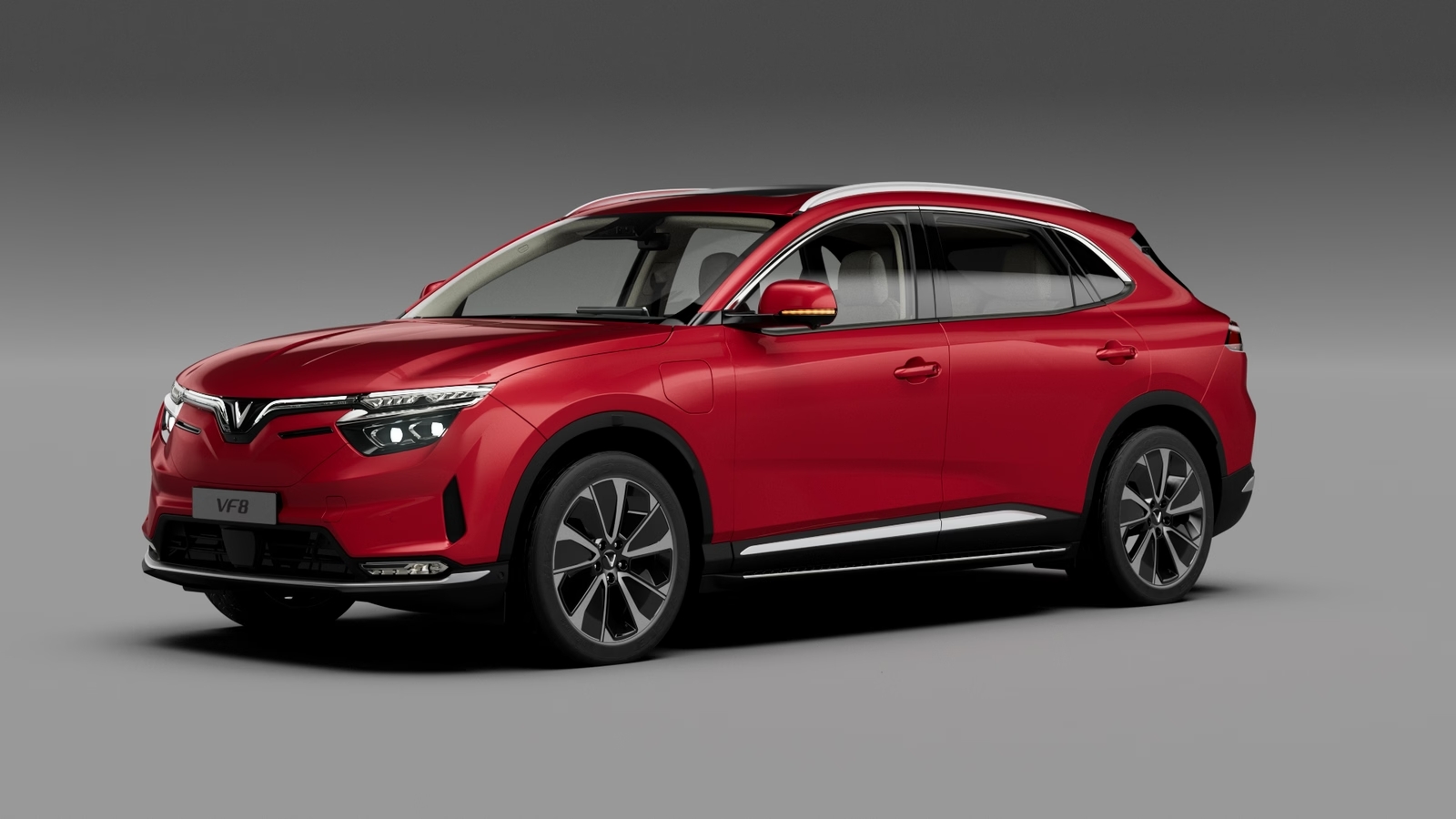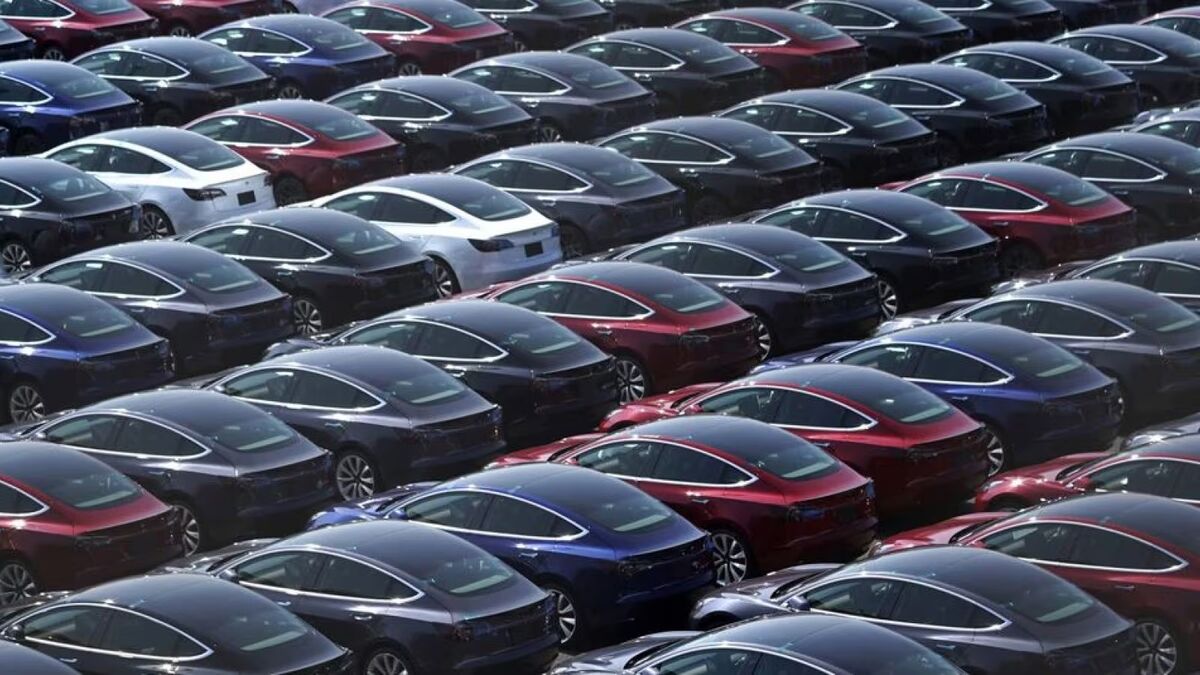
Asian, European Automakers Responding
The Hyundai Ioniq 5 is a funky, practical electric vehicle with unique looks and a flexible, upscale cabin. The automotive press likes it so much that they collectively gave it the 2022 World Car of the Year award. Hyundai builds it in South Korea — for now. Hyundai has announced plans to speed up the construction of a plant in Georgia where it will build EVs.
Hyundai’s luxury arm, Genesis, will reportedly begin production of its Electrified GV70 SUV later this year in Alabama, not the world’s biggest automotive assembly complex in Ulsan, South Korea.
Volvo’s next flagship, the EX90, will be an ultra-high-tech all-electric car with more advanced driver assistance technology than anything on the road today. It won’t be built in Volvo’s Swedish ancestral homeland or where its new owners live in China. Volvo plans an American assembly plant for the new SUV.
Volkswagen recently moved construction of its ID.4 electric SUV from Germany to Tennessee.
Mercedes-Benz builds its EQS electric sedan flagship in Germany. When it launched production of an equivalent SUV (also called the EQS) this summer, it did so in Alabama.
Change in Tax Credits May Be the Cause
Why are so many automakers changing their production plans?
There are likely complex reasons, and some of these decisions may have begun long ago. But one is that a new law passed this summer allows Americans to claim a $7,500 tax credit only on electric cars built in the U.S.
Reuters explains, “The Inflation Reduction Act signed into law by U.S. President Joe Biden last month excludes Hyundai Motor Co. and its affiliate Kia Corp from federal tax credits because they don’t yet make EVs in North America, knocking their EV ambitions in the short term.”
Related: Which Electric Cars Qualify Under the New Tax Credit Rules?
The act has triggered pushback from some U.S. trade partners. Bloomberg reports that U.S. and South Korean trade representatives are engaged in discussions over how the government will enforce the act. In a separate story, Bloomberg reports that China’s ambassador to the U.S. used a trip to the Detroit Auto Show this month and “warned against the potential risks of trying to cut the country off” from the U.S. EV market.
But foreign automakers appear to be responding, in part, by moving production to the U.S. as well.
The new rules have other restrictions as well. Price caps, for instance, rule out both Mercedes EQS EVs as well many Tesla products. But, by building infrastructure for EV production in the U.S., companies could carve a path for building less-expensive models stateside in the future.







